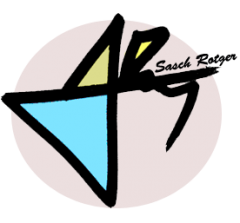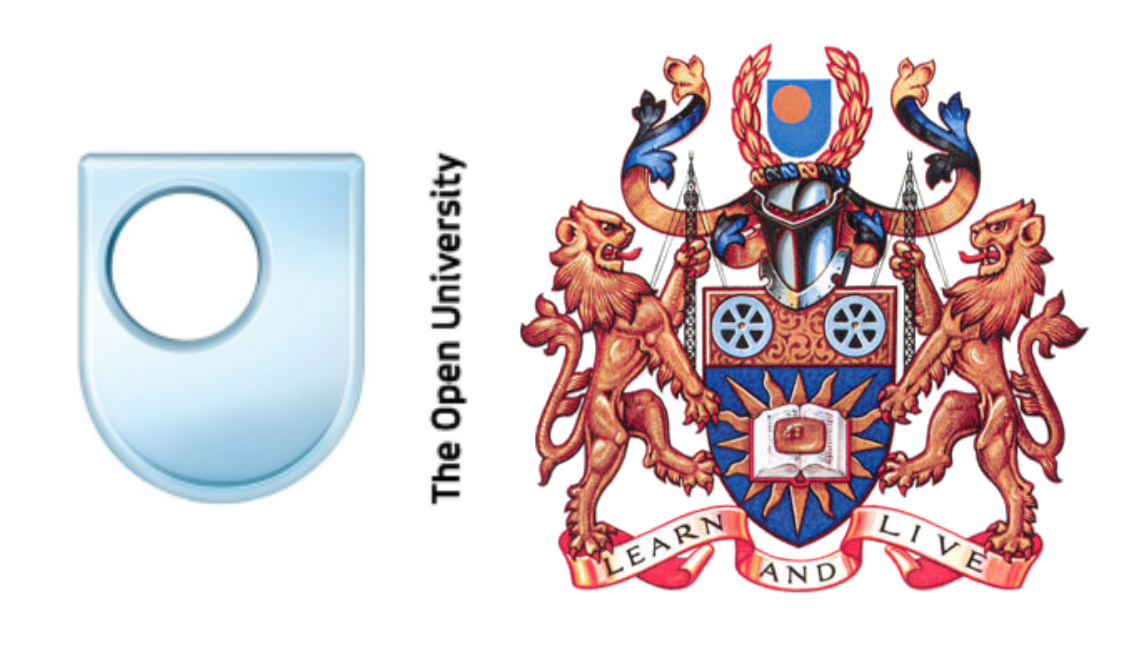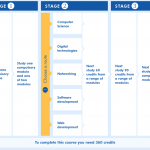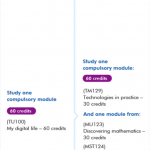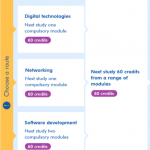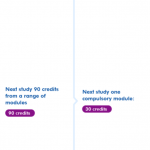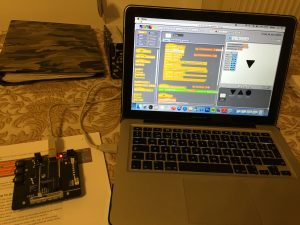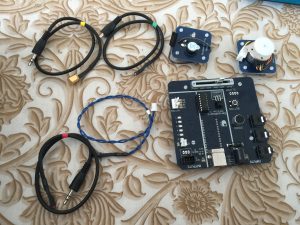Today I’ll talk about my experience at the British Open University. Just how I explained in my post about our first year in London, last October I started the first module of the BSc in Computing and IT. I would like to explain my experience so far, the reasons that led me to choose this university, and why this was the right decision.
First, a bit of information on the Open University. It is, for obvious reasons, an open university. This means that there’s very little entry requirements for those willing to apply for studying one of their degrees or courses. In other words, the OU offers higher education studies for both traditional students as well as for those who have not passed their A Levels. This doesn’t mean that the module’s will be easier to pass, but rather the contrary, that more material is studied in order to have a better overview of the basics of the chosen topic. On the other hand, being an open university usually also means that the study materials are sent home to us and the study sessions will be online.
Computing and IT
The courses for the degree in Computing and IT are structured in modules of one year (full-time) or six months (part-time), with a total of three years of study in full-time, or six if, like me, you choose to study part-time. Of course you can always switch from full- to part-time (or vice versa); you simply have to, as you would do at any other university, choose more or less modules. The first modules are introductory courses to lay the foundation for later specialisation, focusing on several different topics in order to help you take a decision on which modules to choose on years 2 and 3. The options “Computer Science”, “digital technologies”, “networking”, “software development” and “web development”.
TU100 , My Digital Life
My Digital Life, the first module of the degree and which I’ve been studying since October, focuses on the basics of computer science, starting from the origins of computers and how they evolved in the course of their existence, in order to predict what the next generations will bring. The first computer, its development into what we know today, networking, hardware and software, databases, and even (and bordering with the study of communication theories), the impact of social networks (Facebook, Twitter, etc.) in our daily life. Everything is divided into six thematic areas, half of the contents being provided in textbooks and the other online, accessed through the online platform of the Open University.
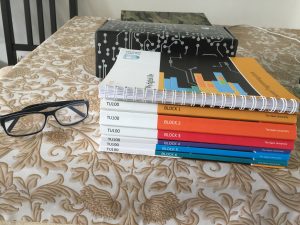
Also, and in order to start getting some practical experience on programming, as well as some hardware-software experience, in TU1OO we work with Sense, the OU’s own programming language, based on the well known Scratch language developed by the MIT. Sense is a simple interface in which we create programs by literally “building” them using a series of blocks. Each block has different colours and shapes, according to their function, category and relationship with other blocks. Although simple at some points, especially for those already used to work with CSS, PHP or Javascript, Sense is a very effective language for “rookie” programmers because its great and simple introduction to “loops”, “Boolean expressions”, mathematical functions and other basic stuff in any programming language.
Sense only differs slightly from Scratch, except for the fact that it is designed to work with a SenseBoard, a small hardware based on the Arduino boards. The SenseBoard is comprised of various components: a simple button, a slider, a microphone, connectors for servo motors, LEDs, a motion detector, as well as light and temperature sensors. The goal is that students learn how to edit programs that also have hardware implications.
Personal experience
My experience so far with the university in general, and TU100 in particular, are simply excellent. The module program is very well planned, the basics are explained very well, and it invites students to further develop those aspects they find more interesting. Working on it about 20 hours a week, my results have been more than satisfactory, although it should be clear that this type of distance learning is not for everyone. Those who are easily distracted or disorganised, or who need a team of teachers in order to keep it up, will probably struggle and might not do particularly well. One needs to keep in mind that the idea behind the Open University is to combine both study and work.
Despite relatively little actual contact with other students and teachers (there are voluntary face-to-face tutorials every few week, where I could not take part due to the work), the communication is good. Students are divided into small groups to which a tutor is assigned, and who normally responds quickly to any questions or problems. They have also managed to develop a great forum system to discuss questions on the modules, and where you can also chat with other students and teachers. The University also offers the services of a specialized team, responsible for the solution of various problems. Questions about access to the forums, any questions or problems regarding the upload of assignments or other files to their site, as well as problems with the study materials. I have experienced this last point myself, when my SenseBoard broke. After a series of tests with the technical team via email to verify the malfunction, they immediately sent me a new SenseBoard, which arrived just two days after. Fast and perfect.
Way Forward
With only two more months left to complete the first module, I’m already thinking about the experiences awaiting me as a student at the Open University. Upcoming modules are TM129 Technologies in Practice, where we get an introduction on GNU Linux, servers and networks, and even robotics, and a module that will be a challenge for me, MU123 Introduction to Advanced Mathematics. Both provide a good base knowledge for what is to come in years 2 and 3, although I have not yet decided on how to proceed. Since I would like to combine these studies with my previous degree in law, “digital technologies” seems to be an interesting option, although I’m also really interested in networking and web development.
In any case, I’ll decide on how to cross that bridge once I get there!
